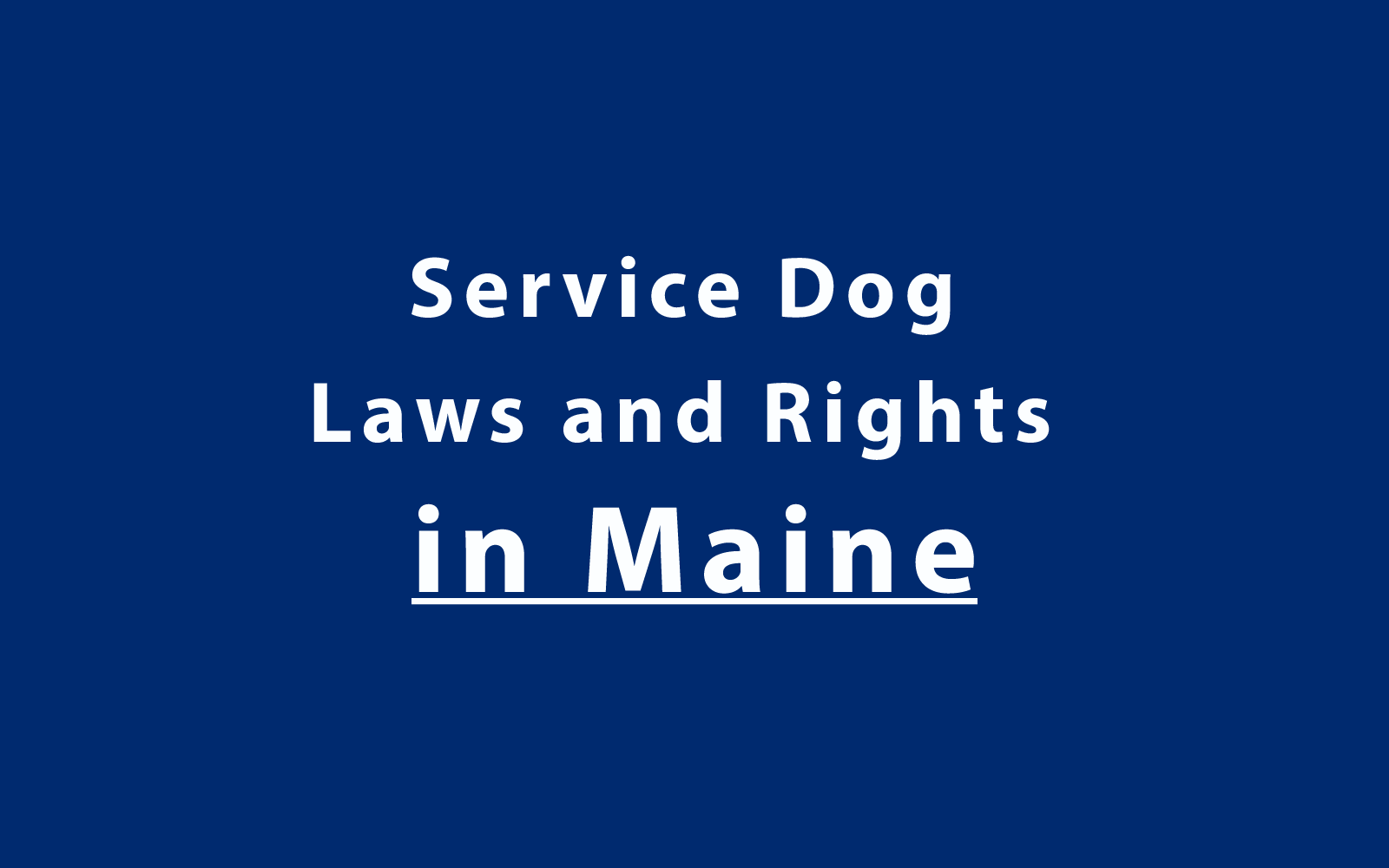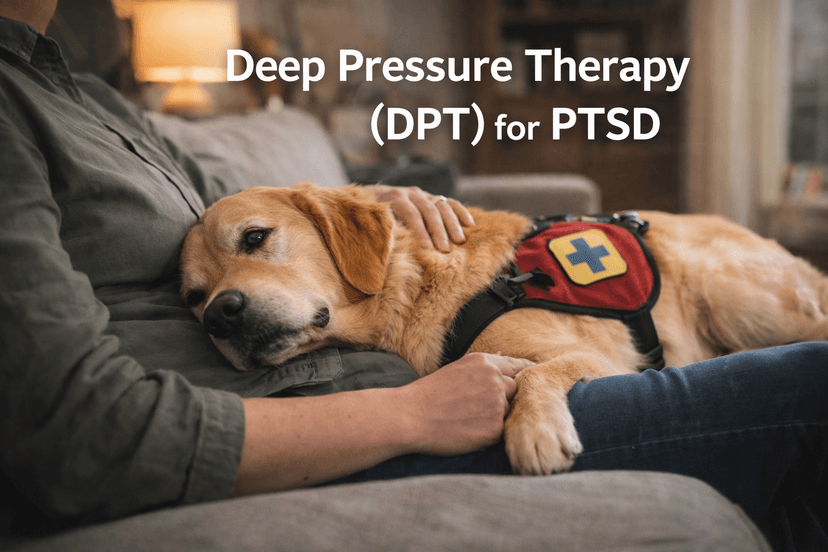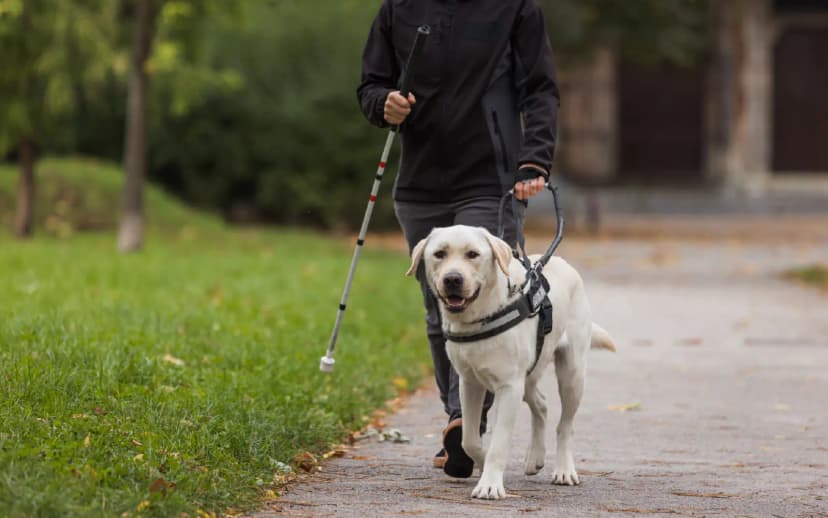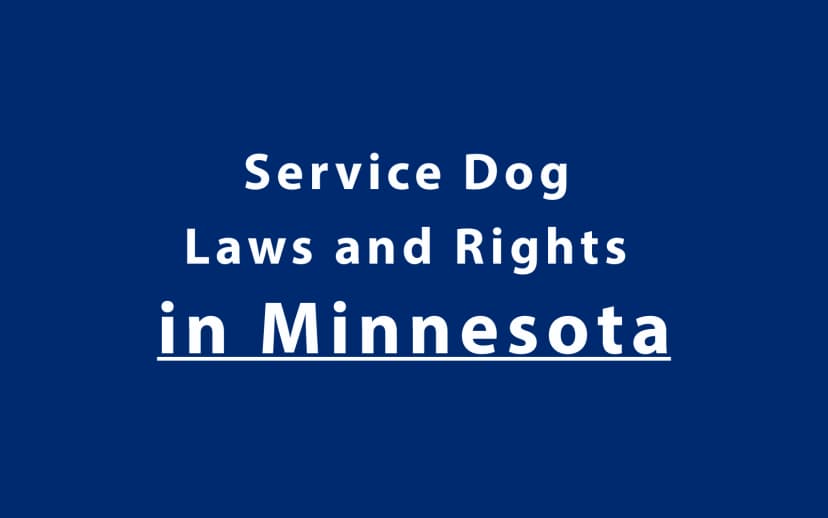Service Dog Laws and Rights in Maine

Service dogs play a crucial role in assisting individuals with disabilities, enabling them to lead more independent and fulfilling lives. In Maine, as in other states, specific laws and regulations govern the use of service dogs, ensuring the rights of handlers are protected while maintaining public safety and accessibility. This comprehensive guide delves into the definitions, rights, responsibilities, and legal considerations associated with service dogs in Maine.
Introduction to Service Dog Rights in Maine
Understanding the legal landscape surrounding service dogs is essential for handlers, businesses, landlords, and the general public. Both federal and state laws provide protections and set guidelines to ensure that individuals with disabilities who rely on service dogs can access public spaces, housing, and employment without discrimination. Key legislations include:
- Americans with Disabilities Act (ADA): A federal law prohibiting discrimination against individuals with disabilities in all areas of public life.
- Maine Human Rights Act: State legislation that aligns with the ADA, offering additional protections within Maine.
- Fair Housing Act (FHA): Ensures individuals with disabilities have equal access to housing, including accommodations for service and assistance animals.
- Air Carrier Access Act (ACAA): Regulates the rights of individuals with disabilities when traveling by air with service animals.
Definition of a Service Dog in Maine
Under the ADA, a service animal is defined as a dog that is individually trained to perform tasks or do work for a person with a disability. These tasks must be directly related to the individual’s disability. Maine law mirrors this definition, ensuring consistency between state and federal regulations. It’s important to distinguish between:
- Service Dogs: Trained to perform specific tasks for individuals with disabilities.
- Emotional Support Animals (ESAs): Provide comfort by their presence but are not trained to perform specific tasks related to a disability.
- Therapy Animals: Trained to provide psychological or physiological therapy to individuals other than their handlers, often in institutional settings.
While service dogs have broad public access rights, ESAs and therapy animals do not enjoy the same legal protections in public accommodations.
Public Access Rights in Maine
Both the ADA and the Maine Human Rights Act grant individuals with disabilities the right to be accompanied by their service dogs in all public accommodations. This includes, but is not limited to:
- Restaurants
- Hotels
- Retail stores
- Government buildings
- Hospitals
Handlers are responsible for ensuring their service dogs are under control at all times, typically using a leash, harness, or tether. If these devices interfere with the dog’s work or the handler’s disability prevents their use, alternative methods such as voice or signal controls must be employed.
Businesses and staff may only ask two specific questions when the need for the service dog is not apparent:
- Is the dog a service animal required because of a disability?
- What work or task has the dog been trained to perform?
They cannot request documentation, require the dog to demonstrate its task, or inquire about the nature of the handler’s disability.
Housing Rights for Service Dog Handlers
Under the FHA, individuals with disabilities are entitled to reasonable accommodations in housing, which includes the right to have service or assistance animals, even in properties with no-pet policies. Maine’s laws align with these federal protections. Landlords and housing providers cannot charge pet fees for service or assistance animals but may request documentation if the disability or the need for the animal is not obvious. This documentation typically comes from a healthcare provider affirming the individual’s disability and the necessity of the animal for their well-being.
Employment Rights in Maine
Title I of the ADA requires employers to provide reasonable accommodations to employees with disabilities, which can include allowing a service dog in the workplace. Employers may request documentation to substantiate the need for the service dog but must engage in an interactive process to determine appropriate accommodations. Accommodations can only be denied if they pose an undue hardship on the operation of the business.
Air Travel and Transportation Laws
The ACAA ensures that individuals with disabilities can travel with their service dogs on commercial airlines. Airlines may require documentation and prior notice, especially for long flights. Service dogs must be accommodated in the cabin without additional fees.
For other modes of public transportation, such as buses, trains, and taxis, the ADA mandates that service dogs be allowed to accompany their handlers. Transportation providers cannot deny access or charge additional fees for service dogs.
Service Dog Training and Certification in Maine
Maine does not require service dogs to be certified or registered. Handlers have the option to train the dog themselves or seek professional assistance. The key requirement is that the dog is trained to perform specific tasks related to the handler’s disability. While not legally required, some handlers choose to use identification cards, vests, or harnesses to signify their dog’s status as a service animal, which can help in public interactions.
Penalties for Misrepresenting a Service Dog in Maine
Misrepresenting a pet as a service dog is a civil violation in Maine. Individuals found guilty of this misrepresentation can face fines of up to $1,000. This law aims to protect the integrity of genuine service dog teams and ensure public trust.
FAQs About Service Dog Rights in Maine
Q: Can a business ask for proof that my dog is a service animal?
A: No. Under the ADA and Maine law, businesses are not permitted to request documentation, ID cards, or proof of certification for a service dog. They can only ask two questions: whether the dog is required because of a disability and what task the dog has been trained to perform.
Q: Are emotional support animals protected the same way as service dogs in Maine?
A: No. Emotional support animals (ESAs) are not recognized as service animals under the ADA or Maine state law. While ESAs may be permitted in housing under the Fair Housing Act, they do not have the same public access rights as trained service dogs.
Q: Does Maine law require service dogs to wear vests or identification?
A: No. There is no legal requirement for service dogs to wear a vest, ID tag, or special harness. However, many handlers choose to use them to reduce public confusion and prevent unnecessary questioning.
Q: Can I train my own service dog in Maine?
A: Yes. Maine allows handlers to train their own service dogs without the need for a professional trainer. The dog must, however, be trained to perform specific tasks that directly assist with the handler’s disability.
Q: Can a landlord deny housing to someone with a service dog?
A: No. Under the FHA and Maine’s own fair housing laws, landlords must provide reasonable accommodations for service dogs, regardless of pet policies or breed restrictions.
Q: What happens if someone misrepresents their pet as a service animal in Maine?
A: They may face civil penalties, including fines up to $1,000, as outlined under Maine state law. This is intended to prevent abuse of the system and to protect the credibility of legitimate service dog teams.
Conclusion: Empowering Service Dog Teams in Maine
Maine’s service dog laws are firmly rooted in federal protections while incorporating state-specific regulations that uphold the dignity and independence of individuals with disabilities. Whether you’re a handler navigating your daily life with a service dog, a business owner seeking to comply with regulations, or a landlord wondering about accommodation laws—understanding these rights and responsibilities is key to fostering inclusive communities.
By respecting the rights of service dog handlers and promoting awareness about what constitutes a legitimate service animal, we can ensure safe, accessible spaces for everyone.
External Resources:


